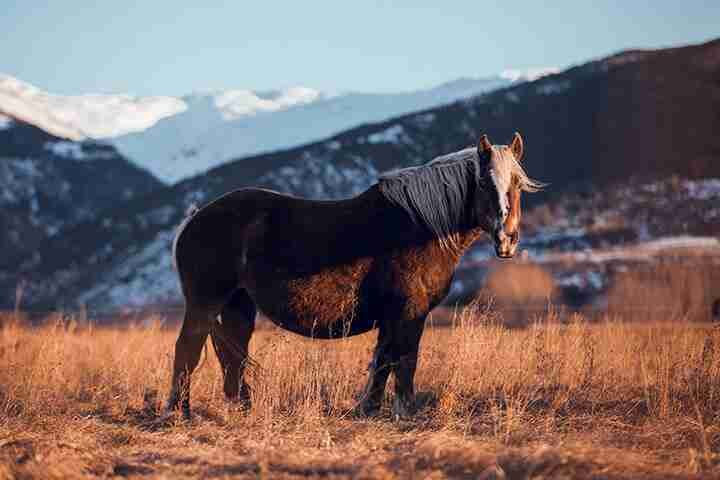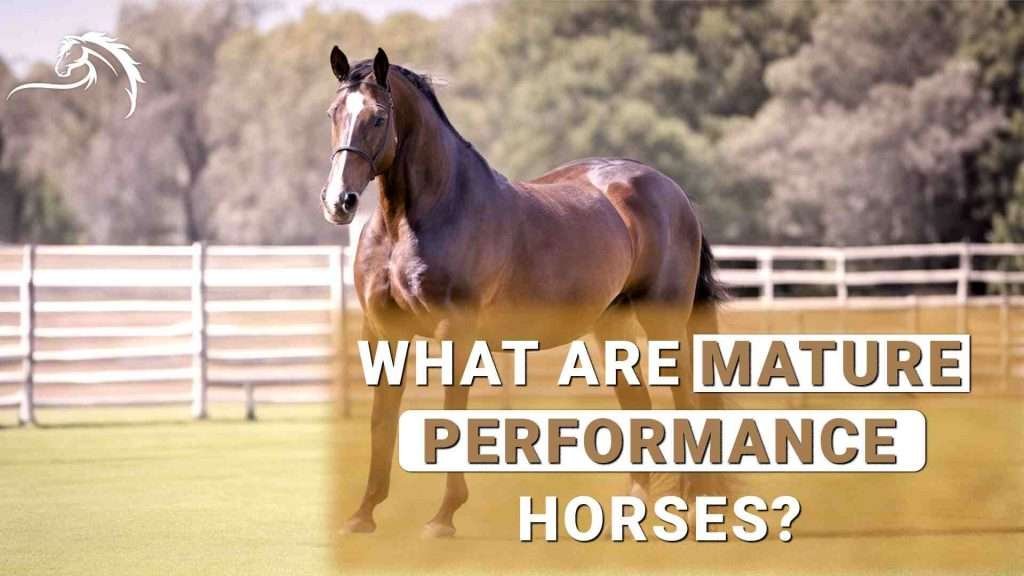The average gestation period, commonly known as pregnancy, spans around 11 months. This period typically ranges from 320 to 370 days, with the average falling at approximately 340 days. This prolonged gestation period is a distinctive feature of equine reproduction and is longer compared to many other domestic animals.
Early Development
Horse pregnancy begins with the union of a mare’s egg and a stallion’s sperm during mating. Successful fertilization leads to the formation of a zygote, the first cell of the new life. The zygote undergoes multiple divisions, forming a blastocyst that eventually travels down the mare’s oviduct and implants into the uterus.
Factors During Pregnancy
Various factors can influence the length of gestation, including the mare’s age, health, and the specific breed of the horse.
Physical Changes During Mare Pregnancy
As a mare progresses through pregnancy, certain physical changes become noticeable. These may include an enlarged abdomen and udder, as well as behavioural changes. The abdomen gradually enlarges to accommodate the growing foal, and hormonal shifts lead to changes in behaviour and appetite. Experienced horse caretakers can often detect these changes and use them as indicators of a mare’s pregnancy.
Signs of Approaching Labor
As the due date approaches, signs of impending labor become evident. Mares may exhibit restlessness, pawing at the ground, and seeking isolation. Monitoring the mare closely during this time is crucial, and providing a quiet, stress-free environment is conducive to a successful foaling process.
Veterinary ConfirmationWhile physical signs are evident, confirming pregnancy through veterinary methods, such as ultrasound, is the most accurate way to ascertain a mare’s condition.
Foaling and the Arrival of the Foal
Foaling, the act of giving birth, is a natural but significant event. Mares often choose a quiet and secluded spot for foaling. The process is relatively quick, and the foal is usually born with the amniotic sac intact, which the mare breaks open to allow the foal to breathe.
Care During Pregnancy
Nutritional Needs
Pregnant mares require specialized nutrition to support both their own health and the developing foal. A balanced mare diet, rich in essential nutrients, is crucial.
Regular Veterinary Check-ups
Regular check-ups with a veterinarian ensure the health of both the mare and the unborn foal. Monitoring progress and addressing any potential issues is vital.
Postnatal Care
After foaling, both the mare and the foal require attentive care. The mare produces colostrum, a nutrient-rich milk, providing essential antibodies to boost the foal’s immune system. Regular veterinary check-ups, proper nutrition, and a clean, safe environment contribute to the health and well-being of the mare and foal during the postnatal period.
Preparing for Birth
Creating a Comfortable Environment
As the due date approaches, creating a comfortable and safe foaling environment is essential. This includes providing a clean and well-bedded foaling area.
Foaling Kit
Having a foaling kit ready with essential supplies, such as clean towels, iodine for disinfection, and a flashlight for nighttime observation, is crucial for a smooth foaling process.
Conclusion
In conclusion, the average duration of a horse’s pregnancy is around 340 days, with variations based on individual factors. Recognizing the signs of pregnancy, proper horse care, and preparing for the birthing process are vital aspects of equine management during this exciting time.
Remember, consulting with a veterinarian and experienced breeders can offer valuable insights and support throughout the entire gestation period.






